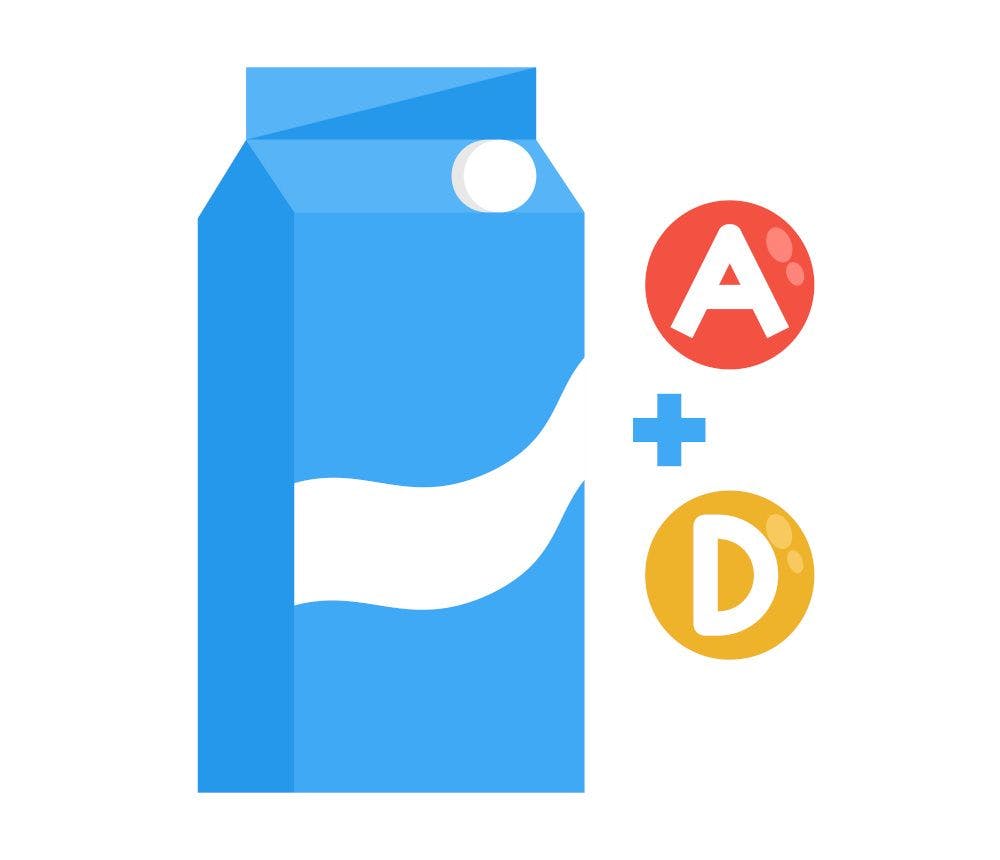Integration and sound science are key for personalized supplements
Personalized nutrition solutions run the gamut from off-the-shelf condition-specific supplements to custom formulations based on blood tests. The majority of services, for the moment at least, fall somewhere in between.
If you ask Shawn Bushouse, president of emerging brands at Nestlé Health Science, the parent company behind Persona, consumer understanding of nutrition has become much more sophisticated in recent years. “They know there’s no such thing as one-size-fits-all supplements,” he says. “They need a regimen tailored to their age, their diet, their lifestyle, their health goals, and so on.” For some, this can be achieved with a simple trip to the local supplement shop, where gender-, condition-, and age-specific formulations await. This is one end of the personalized nutrition spectrum and represents how the supplement market has traditionally operated in the past. It’s what Vous Vitamin cofounder Romy Block calls “personalization lite.”
On the other end of the spectrum is precision nutrition, says Block, which requires biological and genetic testing—everything from blood and urine tests to stool and hair sampling—to help consumers calibrate their supplement routines. The challenge with this approach is that it can be very expensive and requires invasive diagnostics, constant monitoring, and huge pill loads. “The science, at times, can be speculative at best, and in most cases, falls short of providing utility back to the end consumer that is commensurate with the cost of the service,” Block explains, adding that just a small subset of consumers is even interested in this level of service.
In between these two extremes, though, is where the bulk of the personalized supplement market lives. “These services, which include Vous Vitamin, are making personalization affordable and accessible, to varying degrees, while giving the consumer the navigation, counseling, and refinement of products based on their individual data that they cannot find in the mass market,” Block says.
Top Trends
According to PAAX cofounder Cameron Cogswell, personalized supplementation and nutrition have become as important—and as fashionable—as personalized clothing and cars, and brands are stepping up to offer different services to appeal to different consumer needs. “The biggest personalization trend in the market right now is vitamin packs designed specifically for each consumer,” he says, “based off of both subjective and objective measurements of their own health.”
Another leading trend is offering targeted nutrition solutions for specific health concerns. “In our experience, people are more engaged and satisfied when they can focus on a specific problem and see results and progress against their targets,” says James Bauly, chief development officer at Hologram Sciences. For example, the brand’s d.velop concept focuses on immunity, specifically addressing vitamin D status. Consumers take an at-home test to determine their vitamin D levels, are provided with a proprietary, fast-acting supplement, and are connected to a mobile app that provides coaching guidance on additional lifestyle elements that can optimize immunity. Bauly sees room in the market for similar personalized supplement services that support concerns surrounding menopause, sports and lifestyle, healthy aging, and mental health.
But, what’s most important for services today, says Block, is that they are backed by science. “During the COVID-19 pandemic, there has been a return to science, and consumers are seeking the credible experts in a given field,” she says.
That’s why Persona, for example, has a Medical Advisory Board made up of practicing doctors, dietitians, and pharmacists who help design the nutrition algorithm. They also check all of Persona’s formulations against peer-reviewed research to make sure they’re grounded in science.
The Future of Personalization
As the personalized nutrition industry matures and grows, Bushouse expects that testing and assessment will become more granular, allowing for closer monitoring and faster formulation pivots. Plus, integration with other services has the potential to become more streamlined.
“Nutrition is just one aspect of wellness; healthy living is about eating well, exercising, sleeping properly, taking care of your mental health,” he says. “Providers exist to meet needs in many of these areas but, by and large, they’re still siloed. I think that will change.” Specifically, Bushouse sees consumers subscribing to fully integrated lifestyle services in the future, which include supplements alongside resources to support other areas of healthy living.
Vous Vitamin is dipping its toe into this area, as it recently collaborated to integrate supplement questions and education into a leading diabetes management platform. “These novel partnership models bring new consumers into the market by allowing them to learn and engage with their standard environments, without having to specifically seek out a specialty vitamin solution online,” Block says.
Eco-concerns will also drive change in the future, Block adds, as consumers step away from waste and excess packaging. These consumers will not tolerate multiple packets, bottles, liquid dispenser cups, and so on, which are often components of personalized nutrition.
Looking even further ahead into the future, Cogswell believes that as personalization becomes the norm, hyper-personalization will be next. “The measurement tools we use to determine what nutrients we need will become more and more precise, both in types and quantities as well as timing,” he says. “In the next 10 years, we assert that nutrition will be personalized down to the minute. You may wake up and scan your fingerprint or a drop of blood to determine the exact ratios of macronutrients, micronutrients, or water you need for that day. It is a very exciting time for this industry and, as we adopt more and more technology, it is crucial that we retain our connection to nature, natural foods, and a holistic approach to health and healthcare.”

Prinova acquires Aplinova to further increase its footprint in Latin America
April 7th 2025Prinova has recently announced the acquisition of Brazilian ingredients distributor Aplinova, which is a provider of specialty ingredients for a range of market segments that include food, beverage, supplements, and personal care.
























